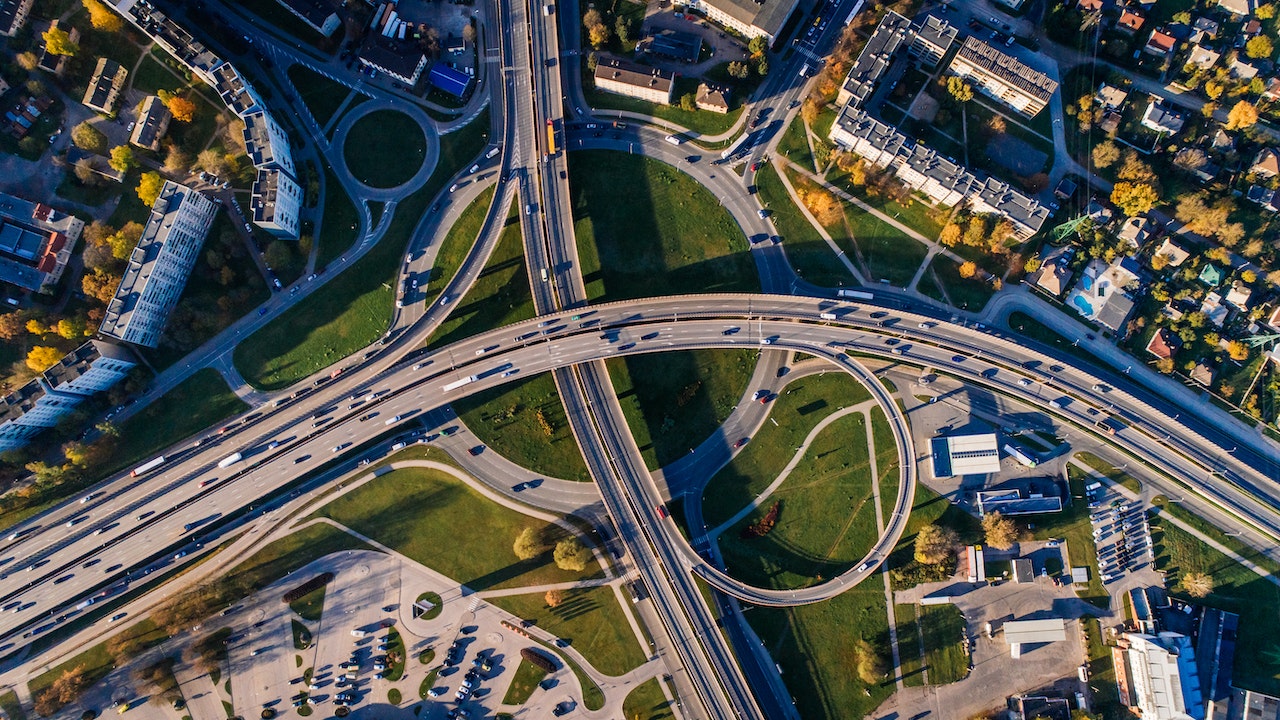The Rise of Smart Cities: Technology Transforming Urban Development
Smart cities use technology and data to improve sustainability, efficiency, and quality of life, and drive economic growth. The Internet of Things, big data analytics, cloud computing, and artificial intelligence are among the key technologies transforming urban development. While there are challenges to the adoption of smart cities, including cost, privacy, and security concerns, the potential benefits of these cities are significant, and they have the potential to play a critical role in shaping the future of our cities.

The world is rapidly urbanizing, and cities are facing the challenge of accommodating the needs of their growing populations while also addressing environmental, economic, and social concerns. In recent years, technology has emerged as a key player in shaping the future of urban development, with the rise of smart cities providing a new vision for how cities can be more sustainable, efficient, and livable.
What are Smart Cities?
Smart cities are urban areas that leverage technology and data to improve quality of life, increase sustainability, and enhance economic development. They use connected devices, data analytics, and other technological tools to manage resources and services, from transportation and energy to public safety and health care. The goal is to create cities that are not only better equipped to address the challenges of the future, but also more responsive to the needs of their residents.
Benefits of Smart Cities
One of the biggest benefits of smart cities is improved sustainability. By utilizing technology to manage energy and resources, cities can reduce their carbon footprint and promote greater environmental responsibility. Smart cities also provide more efficient and effective delivery of services, including transportation, health care, and public safety, which leads to a better quality of life for residents. Additionally, smart cities can drive economic growth by attracting businesses, investors, and skilled workers who are attracted to the innovation and cutting-edge technology that these cities offer.
Technologies Transforming Urban Development
There are several technologies that are transforming urban development, including the Internet of Things (IoT), big data analytics, cloud computing, and artificial intelligence. IoT devices, such as sensors, cameras, and other connected devices, allow cities to collect and analyze data in real time, providing a deeper understanding of the needs and behaviors of residents. Big data analytics and cloud computing provide the tools to store, manage, and process large amounts of data, enabling cities to make more informed decisions about resource allocation and service delivery. Finally, artificial intelligence is being used to optimize city operations, from traffic management to public safety and beyond.
Challenges to Adoption
While the potential benefits of smart cities are significant, there are also several challenges to their adoption. One of the biggest challenges is the cost of implementing the necessary technology, which can be significant for cities and their residents. Additionally, there are concerns about privacy and security, as the collection and storage of large amounts of data can leave cities and their residents vulnerable to cyber threats. Finally, there are also concerns about the unequal distribution of the benefits of smart cities, with some populations potentially being left behind if they do not have access to the technology and resources needed to fully participate.
Despite the challenges, the rise of smart cities is transforming the future of urban development. By leveraging technology and data, cities can improve sustainability, efficiency, and quality of life, while also driving economic growth and innovation. While there are still hurdles to be overcome, the future of smart cities is bright, and they have the potential to play a critical role in shaping the future of our cities and our world.










